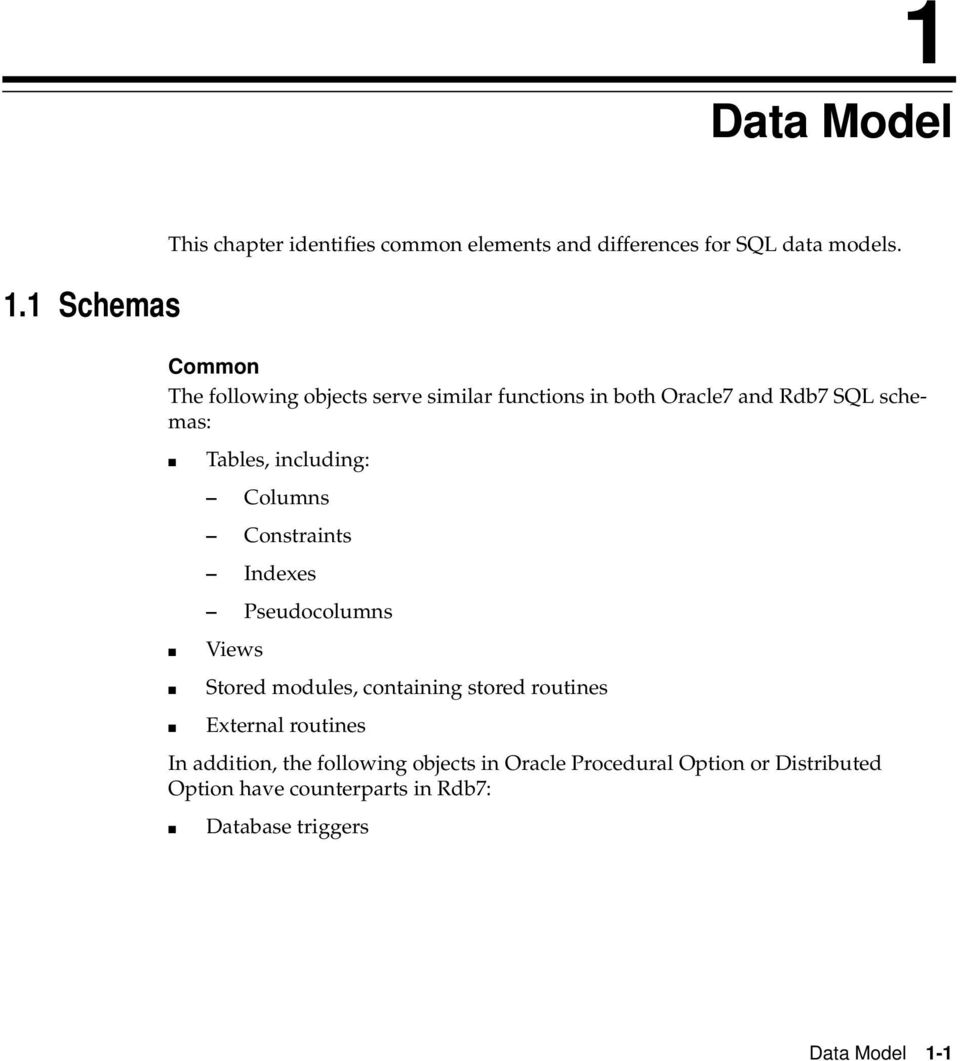This section contains instructions to install Salt. If you are setting up yourenvironment for the first time, you should install a Salt master ona dedicated management server or VM, and then install a Salt minion on eachsystem that you want to manage using Salt. For now you don't need to worryabout your architecture, you can easily addcomponents and modify your configuration later without needing to reinstallanything.
The general installation process is as follows:
For the various versions of Linux that are supported as host operating systems, see. And how to install the Procedural Option is described in the installation documentation. Sybrand Bakker Senior Oracle DBA Received on Thu Jan 25 2007 - 04:28:02 CST.
Install a Salt master using the instructions for your platform or by runningthe Salt bootstrap script. If you use the bootstrap script, be sure toinclude the
-Moption to install the Salt master.Make sure that your Salt minions can find the Salt master.
Install the Salt minion on each system that you want to manage.
Accept the Salt minion keys after the Salt minionconnects.
After this, you should be able to run a simple command and receive salt version returns fromall connected Salt minions.
Quick Install¶
On most distributions, you can set up a Salt Minion with theSalt bootstrap.

Install Procedural Option Oracle Commands
Platform-specific Installation Instructions¶
These guides go into detail how to install Salt on a given platform.
Initial Configuration¶

Additional Installation Guides¶
Dependencies¶
Options Oracle Software
Salt should run on any Unix-like platform so long as the dependencies are met.
Python - Python2 >= 2.7, Python3 >= 3.4
msgpack - High-performance message interchange format
YAML - Python YAML bindings
Jinja2 - parsing Salt States (configurable in the master settings)
MarkupSafe - Implements a XML/HTML/XHTML Markup safe string for Python
apache-libcloud - Python lib for interacting with many of the popularcloud service providers using a unified API
Requests - HTTP library
Tornado - Web framework and asynchronous networking library
futures - Python2 only dependency. Backport of the concurrent.futures package from Python 3.2
ZeroMQ:
ZeroMQ >= 3.2.0
pyzmq >= 2.2.0 - ZeroMQ Python bindings
PyCrypto - The Python cryptography toolkit

Warning
For historical reasons, Salt requires PyCrypto as a 'lowest commondenominator'. However, PyCrypto is unmaintained and best practice is tomanually upgrade to use a more maintained library such as PyCryptodome. SeeIssue #52674 and Issue #54115 for more info
Salt defaults to the ZeroMQ transport. The --salt-transport installationoption is available, but currently only supports the zeromq option. Thismay be expanded in the future.
This way, only the required dependencies are pulled by the setup script if needbe.
If installing using pip, the --salt-transport install option can beprovided like:
Install Procedural Option Oracle Sql
Note
Option Oracle Download
Salt does not bundle dependencies that are typically distributed as part ofthe base OS. If you have unmet dependencies and are using a custom orminimal installation, you might need to install some additional packagesfrom your OS vendor.
Optional Dependencies¶
mako - an optional parser for Salt States (configurable in the mastersettings)
gcc - dynamic Cython module compiling
Upgrading Salt¶
When upgrading Salt, the master(s) should always be upgraded first. Backwardcompatibility for minions running newer versions of salt than their masters isnot guaranteed.
Install Procedural Option Oracle Vm
Whenever possible, backward compatibility between new masters and old minionswill be preserved. Generally, the only exception to this policy is in case ofa security vulnerability.
See also

Installing Salt for development andcontributing to the project.
Building Packages using Salt Pack¶
Install Procedural Option Oracle Tutorial
Salt-pack is an open-source package builder for most commonly used Linuxplatforms, for example: Redhat/CentOS and Debian/Ubuntu families, utilizingSaltStack states and execution modules to build Salt and a specified set ofdependencies, from which a platform specific repository can be built.

